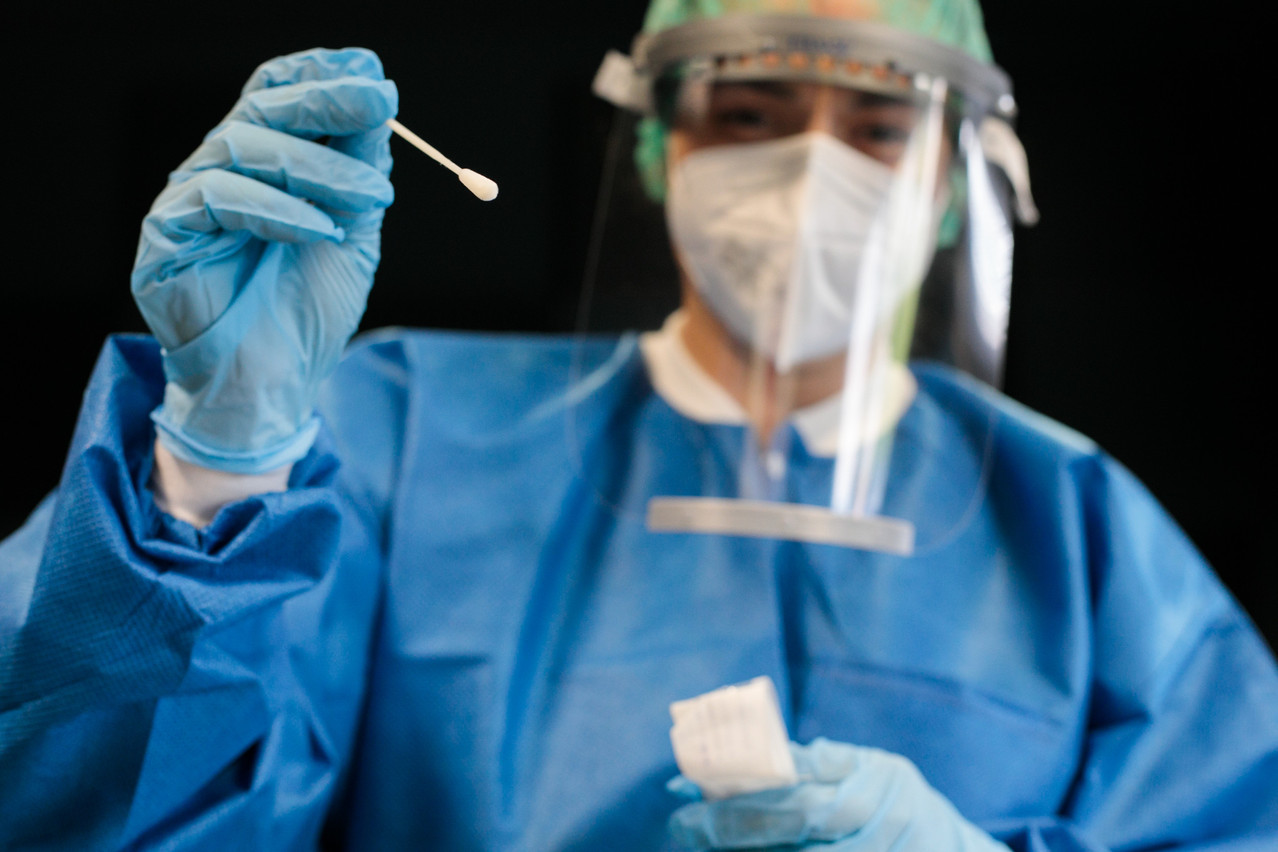The cabinet under prime minister Xavier Bettel (DP) during a weekly meeting on Friday decided to tighten pandemic restrictions around testing. It will reduce the validity of test results by 24 hours. The move must be validated by parliament before it can come into force. The government will submit changes for approval next week.
France, ahead of Luxembourg, already cut the validity of PCR tests to just 24 hours.
Ministers will meet again on Monday to discuss further measures, the government said in a press release. A briefing by Bettel and health minister Paulette Lenert (LSAP) is planned for 5pm in the afternoon.
With a rising number of infections in schools, the government will also be increasing testing of primary school pupils from two times a week to three tests. In addition, following the diagnosis of one case within class--whether at primary or secondary level--the entire group will be tested every day for a week.
Children who are not vaccinated against or recovered from the coronavirus and who refuse testing will have to quarantine at home during this time.
Data on 23 November showed that new infections had risen 60% among children aged 0 to 9, who cannot yet get vaccinated. The European Medicines Agency on 24 November the use of the Biontech/Pfizer vaccine for children aged 0 to 5 but Luxembourg is yet to confirm when it will roll out the jab for kids.
The government is also allowing public sector workers to work from home for four days a week, up from three currently, if their job allows it. Further measures could follow meetings with employee and employer groups on Monday.
Healthcare workers in Luxembourg on Thursday staged a in protest against the anti-vaccine movement. Doctors and nurses urged the public to trust the science and get vaccinated. With the outbreak of the pandemic nearing its second anniversary, they said hospitals once again face being overwhelmed with staff exhausted physically and mentally.
A new variant of the coronavirus discovered in southern Africa meanwhile has prompted alarm among scientists and led numerous countries to close their borders for travel from South Africa, Botswana, Namibia, Zimbabwe, Lesotho and Eswatini. European Commission president Ursula von der Leyen on Friday called for a joint EU response to stop air travel from the region.
